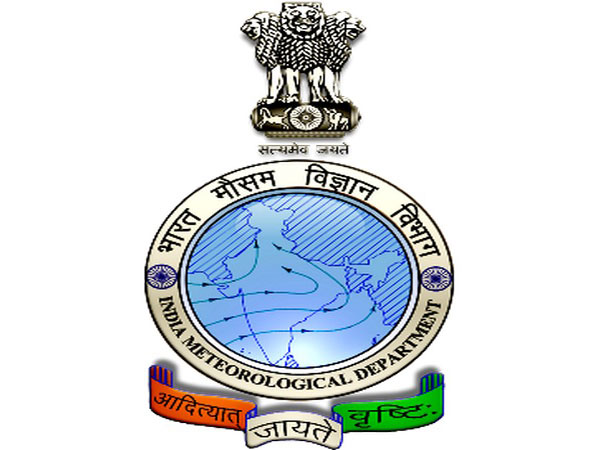Meteorological conditions are improving for the onset of monsoon over Kerala in the next 48 hours, according to India’s weather service, the India Meteorological Department (IMD).
IMD forecasted the arrival of the monsoon on June 4 in May. The southwest monsoon usually arrives in Kerala on June 1st, with a standard deviation of about seven days.
The conditions are also favorable for the monsoon to advance further into some more parts of the South Arabian Sea, the entire Lakshadweep, some more parts of the Southwest, Central, and Northeast Bay of Bengal, and some parts of Northeastern states over the next 48 hours, according to the IMD.
Monsoon is critical, especially for kharif crops that rely on rain. Summer, kharif, and rabi are the three cropping seasons in India.
Kharif crops are those that are planted in June-July and harvested in October-November. Rabi crops are those that are planted in October and November and harvested between January and March, depending on maturity. Summer crops are those grown between the months of rabi and kharif.
Meanwhile, severe cyclonic storm ‘Biparjoy’ is expected to intensify into a ‘very severe cyclonic storm’ over eastcentral and adjoining southeast Arabian Sea around Goa over the next 12 hours.
“It is very likely to intensify into a Very Severe Cyclonic Storm during next 12 hours. It would move nearly northwards during next 24 hours and then north-northwestwards during subsequent three days,” IMD said.









